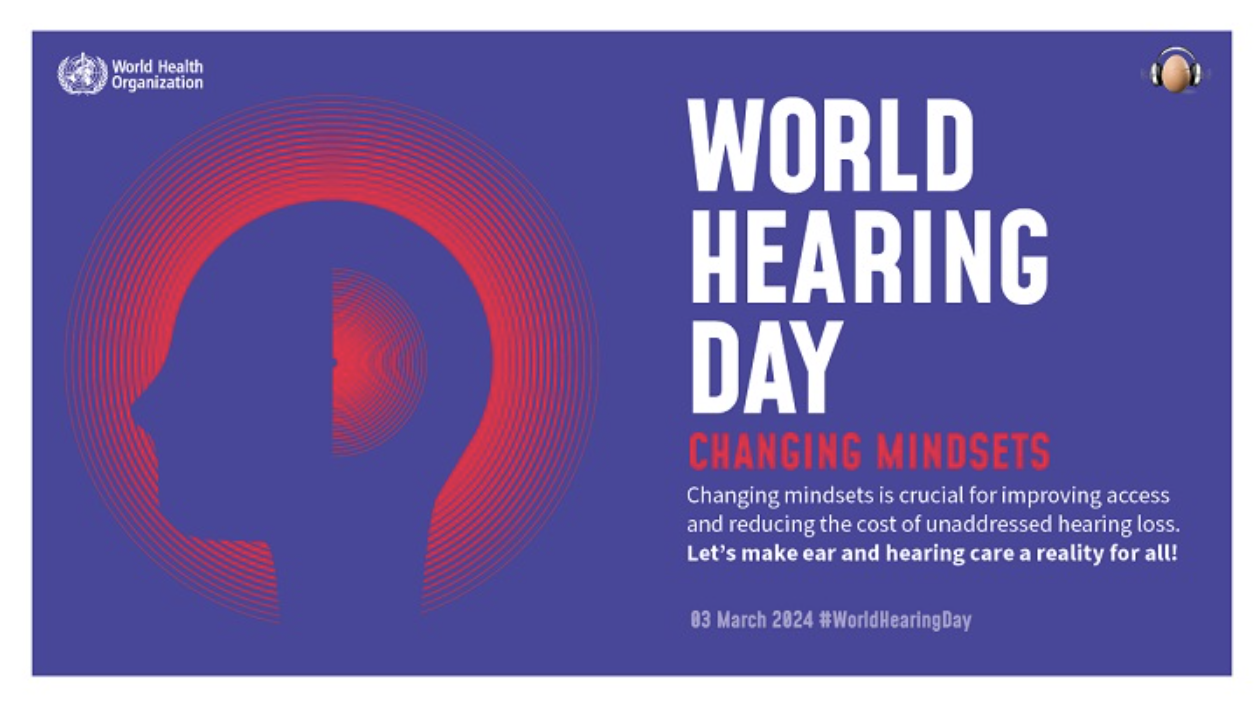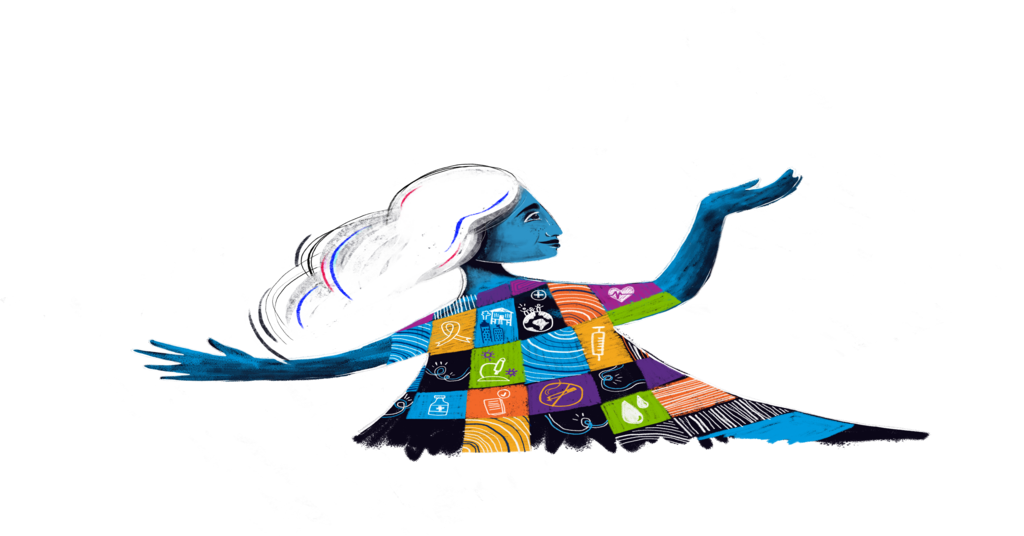
You can now add ASL stickers to your messages using the Gboard app!
October 19, 2018
What it’s like being a player on the US Deaf Women’s National Soccer Team
October 23, 2018So, you think I have a deaf accent?

Where are you from?! It’s a question I get all the time, as people look at me with interest, wondering in what far away land I’ve developed my unique intonation and pronunciations. Ugh, I think. They’ve just noticed my deaf accent.
No matter how comfortable we are with ourselves, we tend to be our own worst critic. Yes, I am happy with who I am and yes, I am comfortable in acknowledging that my hearing loss is a part of who I am, but I encountered something new as I left the bubble of adolescence and the community I grew up with… something that challenged my self-confidence.
People started noticing my deaf accent.
I have an accent?
For most of my upbringing, everyone recognized I have hearing loss. I went to school with the same classmates for years, and most of the teachers knew me. I was in an environment where people knew how to interact with me so I hardly felt left out.
When I transitioned from high school into college, I was no longer in my high school bubble. I went to a large out-of-state university where I didn’t know anyone and didn’t have suitable accommodations. I tried to hide my hearing loss and “fake” my way through most social situations. How well did I “fake” it? Looking back on this, probably not so well. I am sure there were moments where people thought I was ignoring them in conversations when in reality I did not hear or understand them. At the time, no one said anything to me, so I thought I got away with it.
After I began studying audiology, I developed a better understanding of myself and my hearing loss. This helped me accept my hearing loss as a part of who I am and not be embarrassed by it. Granted, I was in an audiology program, a profession that deals with hearing and balance disorders. I was surrounded by those who naturally had a good understanding of my communication difficulties and knew how to adapt to my communication needs.
“This helped me accept my hearing loss as a part of who I am and not be embarrassed by it.”
I completed my education and began my audiology residency working with adult clients. I was excited to finally work full-time as an audiology clinician and establish rapport with my patients. During my first week in the clinic, I saw a new client. After going through his case history, he asked me if I have hearing loss. I looked at him with a puzzled expression, thinking “how did he know”?
Most of the time, I tend to wear my hair down, which hides my hearing devices. I prefer not to tell clients right away that I have hearing loss, as I like to know why they are here to see me first. To my new client, I responded that I do have hearing loss and he explained that he could tell by my accent. My immediate thought was,“My accent, what accent?” I was not sure to feel offended, but I brushed it off and continued on with the appointment. However, that was not the last time I heard this comment.
Another time, a different client asked me where I was from. I replied that I was from Long Island, New York. My client looked at me with a confused expression, implying my accent did not sound like a Long Island accent. I mentioned that my New York accent appears when I say certain words, but the client was not satisfied with my answer. He then noticed my hearing devices and asked me if I have hearing loss. I told him I do and he said that makes sense. I was taken aback by this comment and felt it was rude, but again I brushed it off and moved on with the appointment.
My final straw was when the person I was in a relationship with kept correcting me on my speech production. At first, it was a word here and there, but then it came to a point where he was nitpicking everything I would say. He mentioned this was his way of helping me so I would sound more professional. I was shocked and hurt by his comment. He made me feel that I sounded unintelligible and he brought down my self-confidence.
Read more: Growing up with Hearing Loss: How I Gained Confidence to be Myself
Following these instances, I questioned the intelligibility of my speech and felt embarrassed to speak in front of a group. Could everyone tell I had a deaf accent? Why were these comments were appearing now, as no one had ever said, in such a blunt way, that I have a deaf accent? In fact, I do have a significant hearing loss, and even with years of speech therapy, I knew my speech was different, but I did not expect people to comment on it.
“I questioned the intelligibility of my speech and felt embarrassed to speak in front of a group, wondering if they could tell I have a ‘deaf accent.'”
I asked my family and friends for their opinion on my speech, but most of them said they were used to hearing my voice, making it difficult to answer honestly. Others said that I have a slight deaf accent, but it was minimal and not very noticeable.
Thank you for noticing!
I decided to see a speech language pathologist for a speech evaluation. After the evaluation, she was confused as to why I was there. Considering my longstanding history with severe to profound hearing loss, I did quite well on the evaluation. She did not think speech services were necessary, but we did decide to do some sessions to help “clean up” and tighten some of the sounds I have difficulty with. In the end, my speech may have sounded a little cleaner, but the fact is, I still have a deaf accent. Now, I realize that is okay.
I know people can clearly communicate with and understand me. When I give presentations and speak in front of a group, I receive excellent feedback. I no longer worry if others are judging my speech.
My hearing loss and experiences are a part of what led me to be the person I am today. I would not change a thing about myself, as I am happy with who I am. If a few people want to make a comment that I have a ‘deaf accent,’ I just say, thank you for noticing. I do have hearing loss! Now, let me show you my awesome hearing devices and highlight all the cool features these devices have. They’ll have to listen as I babble on about my passion for all things audiology.
Do people tell you that you have a deaf accent? How do you deal with people noticing it? Let us know in the comments!



